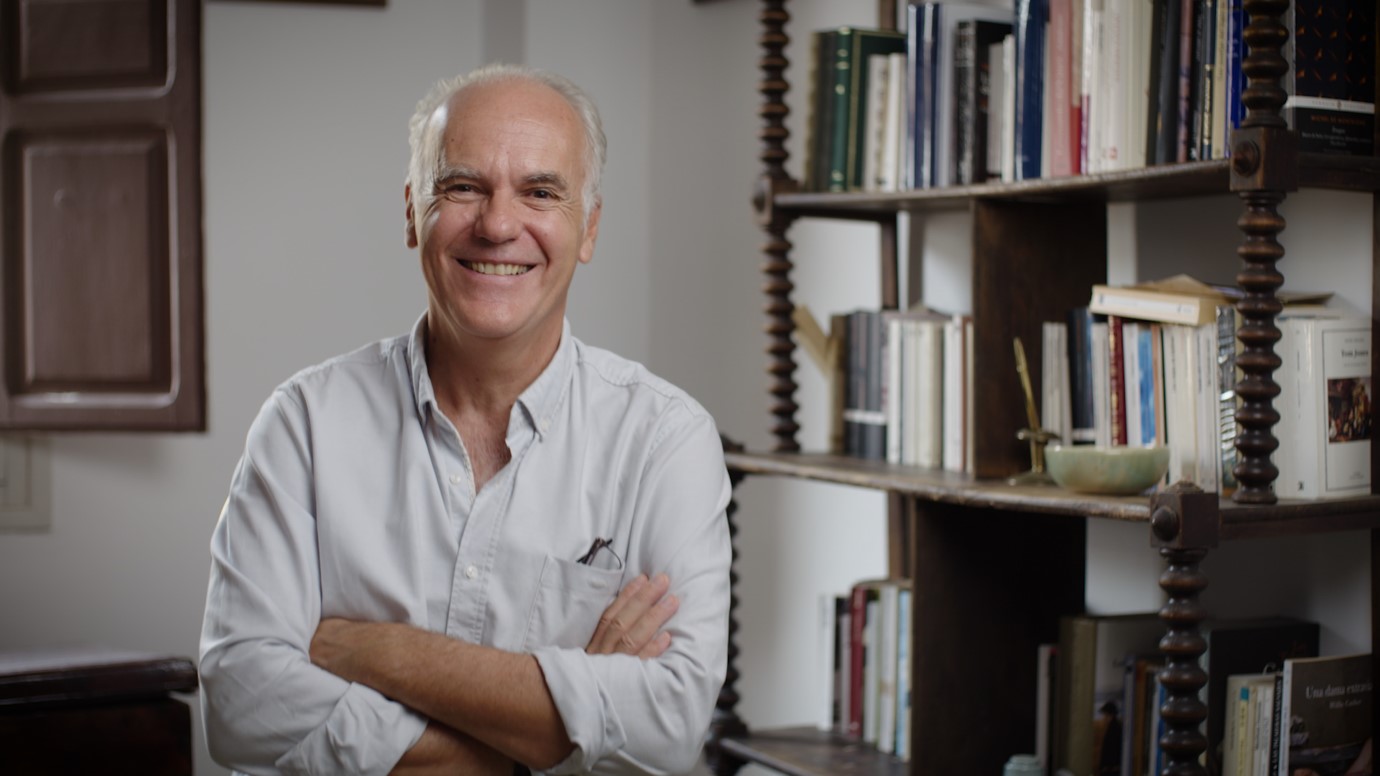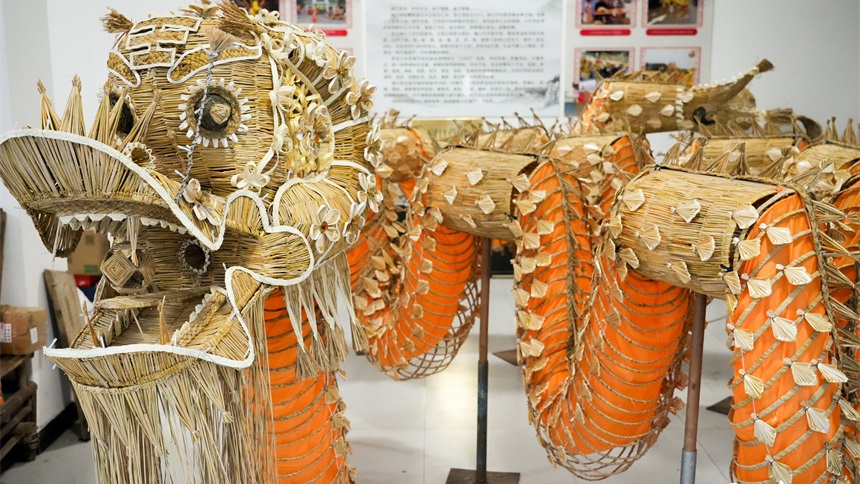Gabriel Garcia-Noblejas Sanchez-Cendal: Creating stronger relations between China and Spain through translation
Situated in Southern Spain, Granada is a well-known student town, every year students from all over the world go there to study. Professor Gabriel Garcia-Noblejas Sanchez-Cendal at the University of Granada has been teaching Chinese literature and translation for over 20 years and it is his greatest joy to open students' minds to China. Alongside teaching, he has translated many Chinese classics and he hopes that his translation work can foster stronger relations between China and Spain.
Garcia-Noblejas has been in love with literature for his whole life. "I had been translating Western literature for years before I went to China and discovered Chinese literature. I completely fell in love with it; I am still in love with it". After discovering one amazing Chinese book after another, he was inspired to translate the works for Spanish readers.

Gabriel Garcia-Noblejas Sanchez-Cendal (Photo/Patrick Shead-Simmonds)
Garcia-Noblejas has translated numerous Chinese classics, including "The Analects of Confucius", "I Ching", and "Tao Te Ching". He has also translated "Shi Jing", known in English as "The Book of Odes". Reflecting on "Shi Jing", he shared, "There are about 305 poems in 'Shi Jing', divided into three parts. The poems were collected from various states in China at the time. The first part focuses on love, with most poems written from a woman's perspective. The second part consists of historical long poems, while the third part is ceremonial poetry." Garcia-Noblejas emphasized the significance of the work, noting that "'Shi Jing' is one of the greatest poetries alongside Homer's 'The Odyssey' and the Bible's 'Book of Pslams'. Its influence on the whole history of East Asian poetry cannot be stressed enough”.
"Shi Jing" remains one of Garcia-Noblejas' favorites, especially the poems from "Guo Feng". "Most of these poems are very delicate and tell a very romantic moment between ordinary men and women. Feelings of love are usually hinted in the voice of the woman," he said.
When discussing contemporary Chinese literature and classical Chinese literature, Garcia-Noblejas remarked, "I prefer reading classics. It is important to distinguish between information and wisdom; classics convey wisdom, which is a special kind of information. It is the kind of knowledge that helps people throughout different periods of history lead a plentiful life. Or it tends to answer questions like: Where is happiness? How can we have a happier life?"
Since 2023, Garcia-Noblejas has been focusing on translating and researching classical Chinese fantasies. His book "Chinese Fantasy Novels" includes 127 short stories from the Zhou Dynasty to the Ming Dynasty like "Shan Hai Jing". "Chinese fantasies have a long literary tradition, starting before our era and are still going on," he stated. Garcia-Noblejas also explained that while the stories often focused on unusual events in daily life, they primarily explore the world of spirits, saying that, "They often revolve around ghosts." For Garcia-Noblejas, the reason why Chinese fantasies have never died out throughout the history of Chinese literature is because "they discuss a deep concern in human nature, which is what happens when we die. All of the books talk about people who have died and what happens to their spirits when they go to the netherworld in different moments of Chinese history."
Garcia-Noblejas believes that translation can serve as a bridge between the Chinese and Spanish governments. "The more we translate, the better our government can understand the richness of China today. Greater knowledge about China will make it easier for our governments to work together. Chinese literature is incredibly rich, yet it is unfortunately not well known in Spain—not just among ordinary people but even those in government positions. My hope is that through translating Chinese literature, we can strengthen the relationship between China and Spain, both culturally and politically."
(Web editor: Hongyu, Wu Chengliang)










